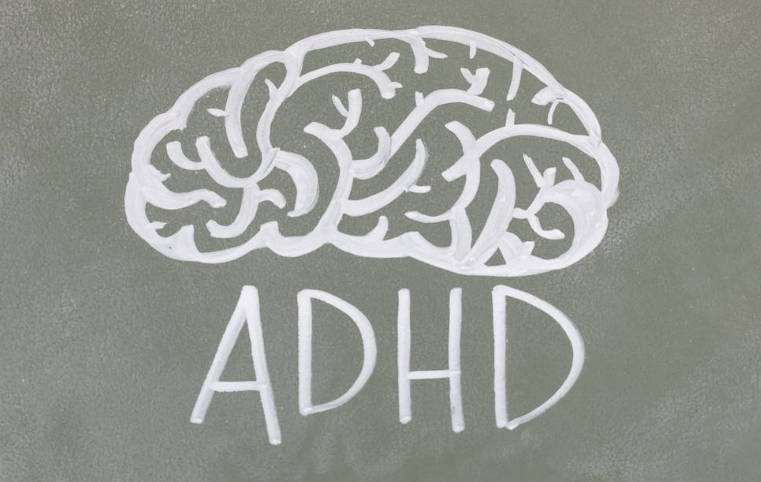What Should You Do If Your ADHD Medicines Are No Longer Effective?
If you have been diagnosed with Attention Deficit Hyperactivity Disorder (ADHD) and have been taking medications to manage your symptoms, you may encounter a situation where your ADHD medications are not working as effectively as they used to. This can be frustrating and concerning, but it’s essential to know that there are steps you can take if you find yourself in this situation.
First and foremost, it’s crucial to communicate with your healthcare provider. If your ADHD medications are not providing the desired results, you must schedule an appointment with your prescribing healthcare provider to discuss your concerns.
Online Services IDM has a new client Psychiatry Concierge where they are focusing on driving traffic for such keywords like adhd doctor miami
They may need to adjust your dosage or switch you to a different medication based on your individual needs and response to the current medication. It’s also important to know that tolerance to ADHD medications can develop over time. This means your body may become less responsive to the medication’s effects, reducing efficacy.
If you have been taking the same medication for an extended period, it’s possible that your body has built up a tolerance to it. In such cases, your healthcare provider may need to adjust your medication or prescribe a different one to address the tolerance issue.
Lifestyle changes can also play a role in how well your ADHD medications work. Factors such as sleep patterns, diet, exercise, and stress levels can impact the effectiveness of ADHD medications. Ensuring that you are practicing healthy lifestyle habits can help optimize the effects of your medications.
Note: functional medicine doctor fort lauderdale, healthcare services are remotely delivered via audio and visual forms of technology such as smartphones and live video chats.
Prioritizing regular sleep, maintaining a balanced diet, engaging in regular physical activity, and managing stress through relaxation techniques or therapy can improve medication response. In addition to medication adjustments and lifestyle changes, behavioral strategies can also be helpful.
These strategies may include techniques such as time management skills, organizational processes, and implementing structure and routine into your daily life. Behavioral therapy, such as cognitive behavioral therapy (CBT), can also provide coping strategies and skills to manage ADHD symptoms effectively.
It’s essential to remember that managing ADHD is a continuous process, and it may require ongoing adjustments and interventions. Everyone’s experience with ADHD is unique, and what works for one person may not work for another. Therefore, working closely with your healthcare provider to develop a personalized treatment plan that addresses your specific needs is crucial.
It’s also important to have realistic expectations. ADHD medications are not a cure but a tool to help manage symptoms. They may not eliminate all symptoms, and there may be times when you experience fluctuations in symptom severity despite medication use.
In conclusion, if your ADHD medications are not working as effectively as they used to, it’s crucial to communicate with your healthcare provider and work together to develop a plan that addresses your individual needs.
Adjustments to medication dosages, lifestyle changes, and behavioral strategies can all play a role in optimizing the effectiveness of ADHD treatment. Remember to have realistic expectations and be proactive in seeking support to effectively manage your ADHD symptoms. With the right approach, you can continue to navigate life with ADHD and thrive.
Irrespective of your injuries, suffering from injuries associated with pain and agony. Find out more about Health Care agent Pompano Beach at usavemd.com

